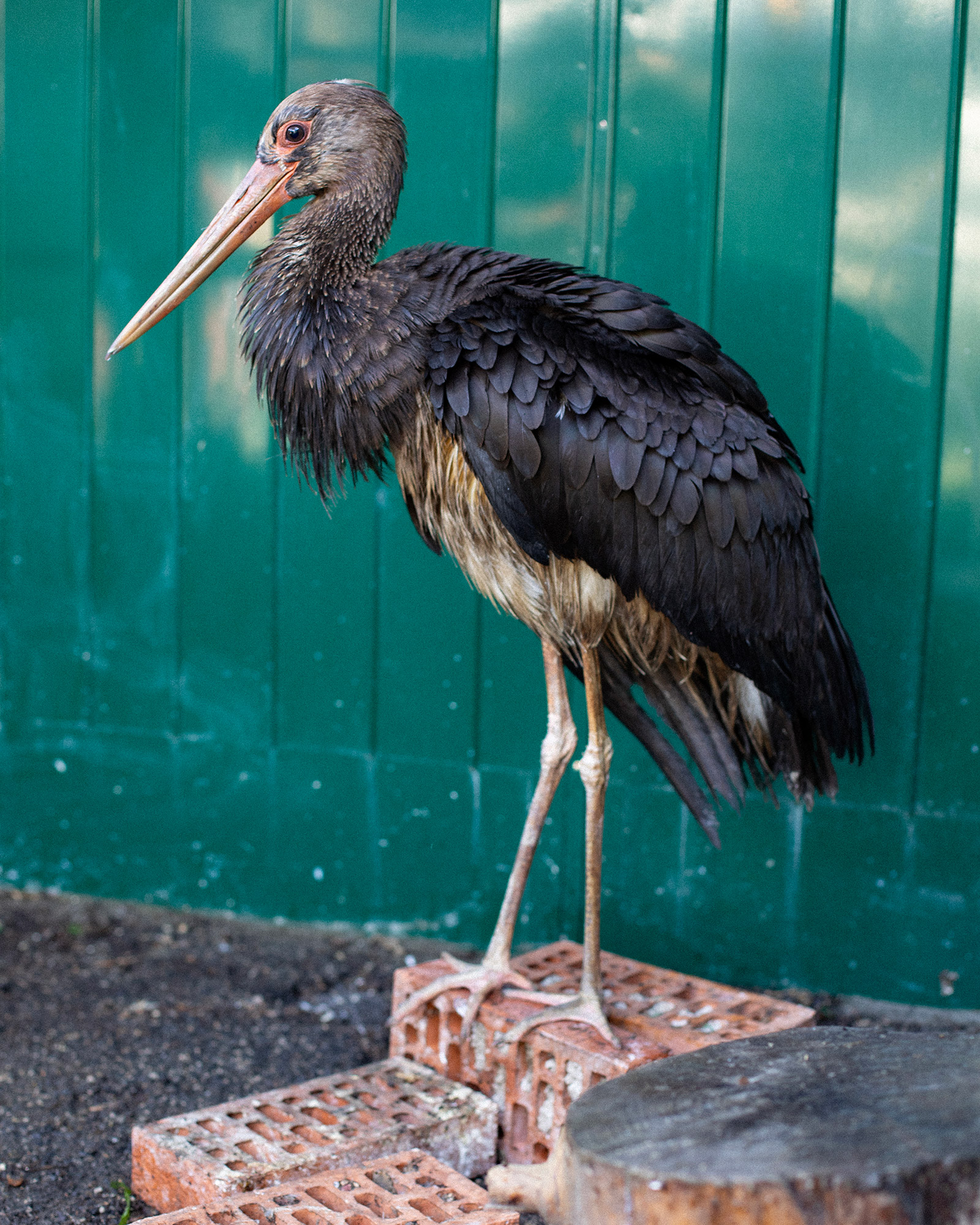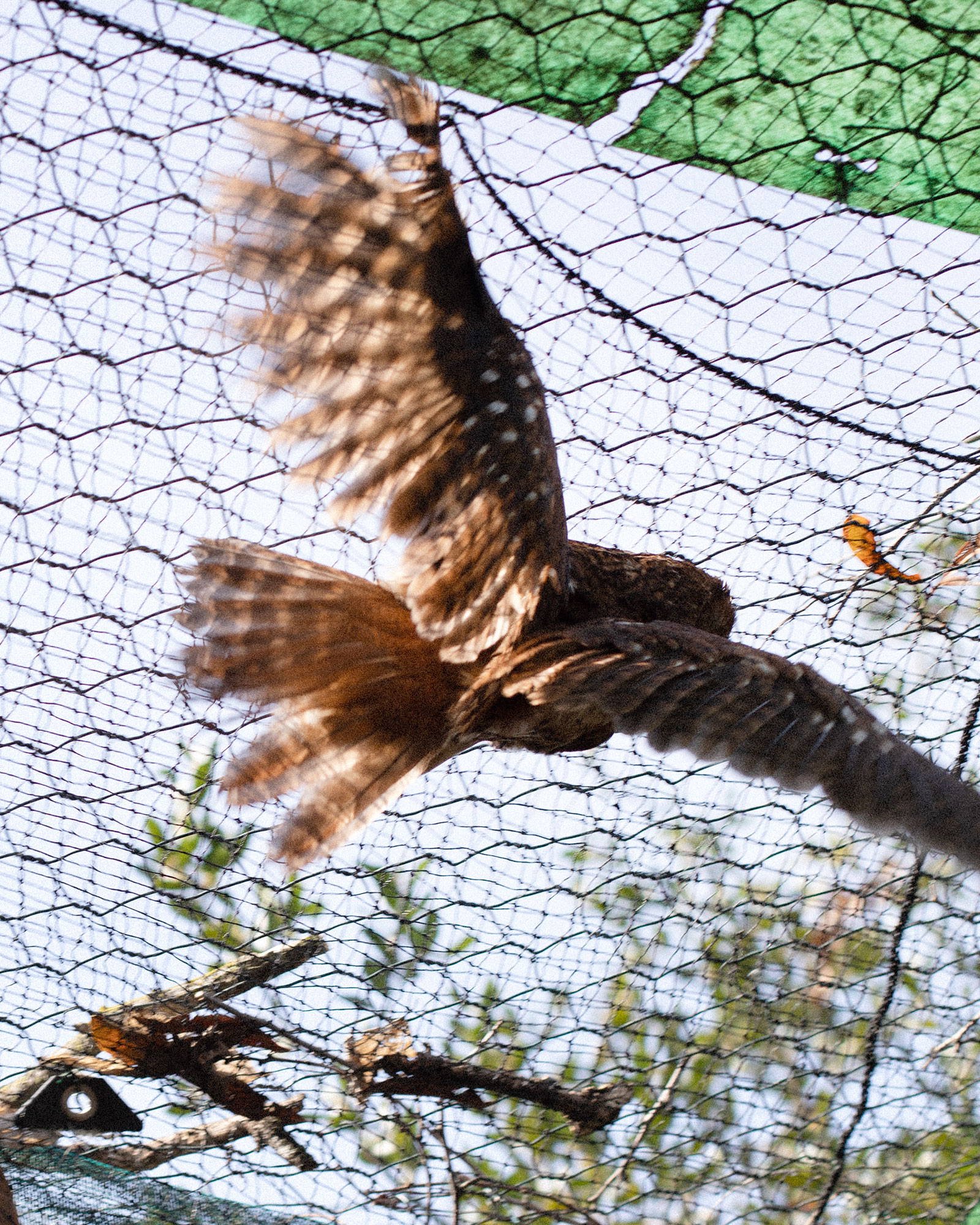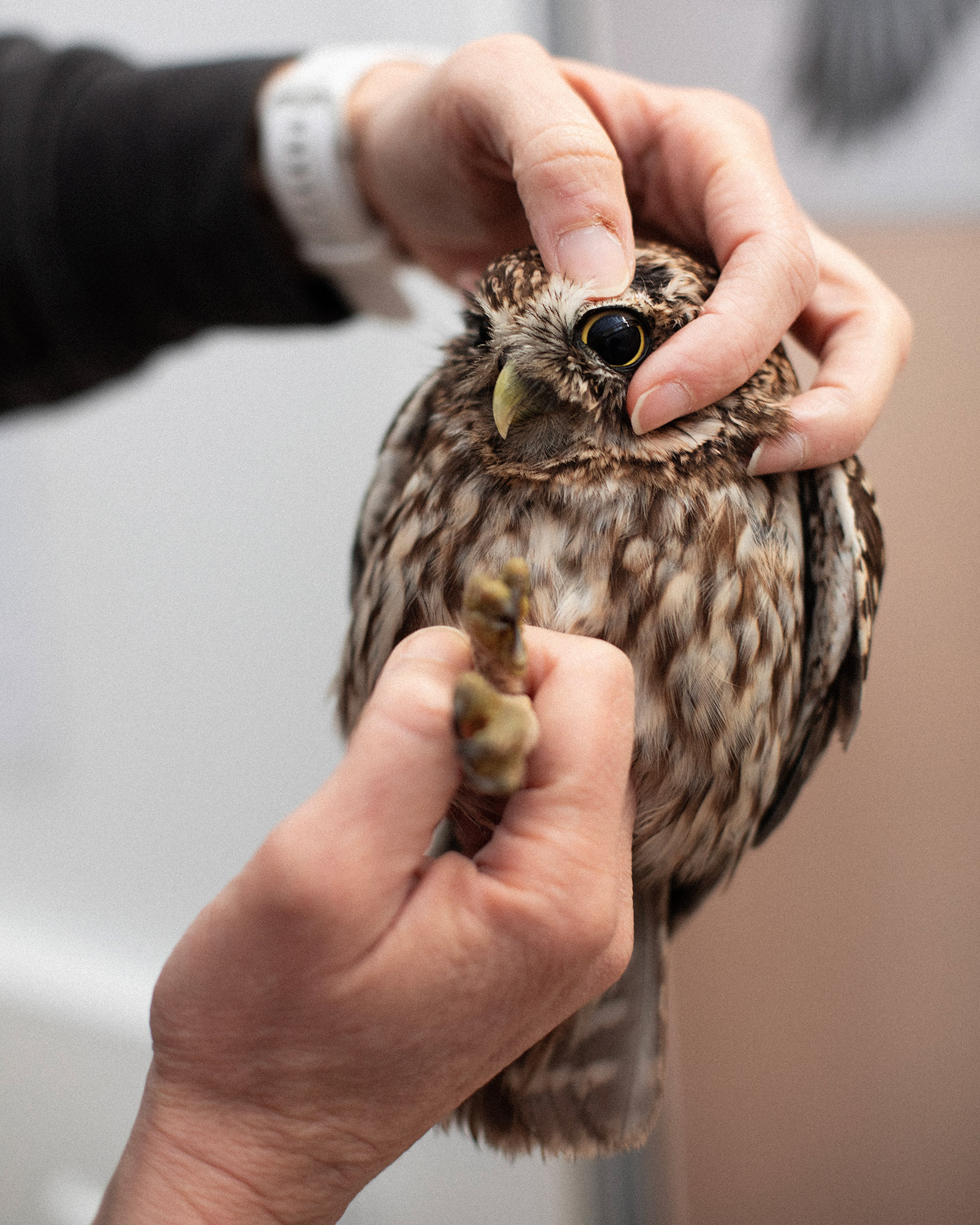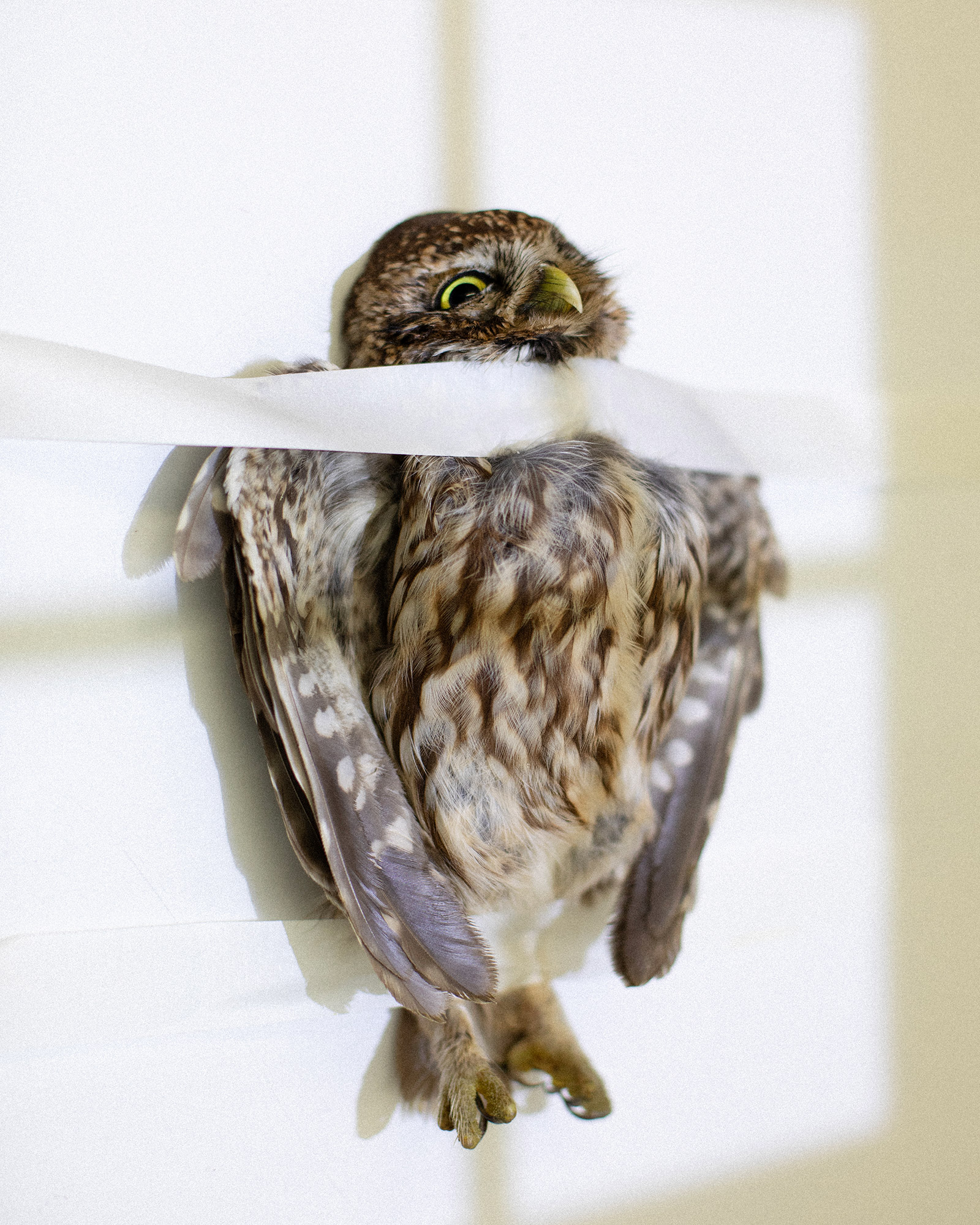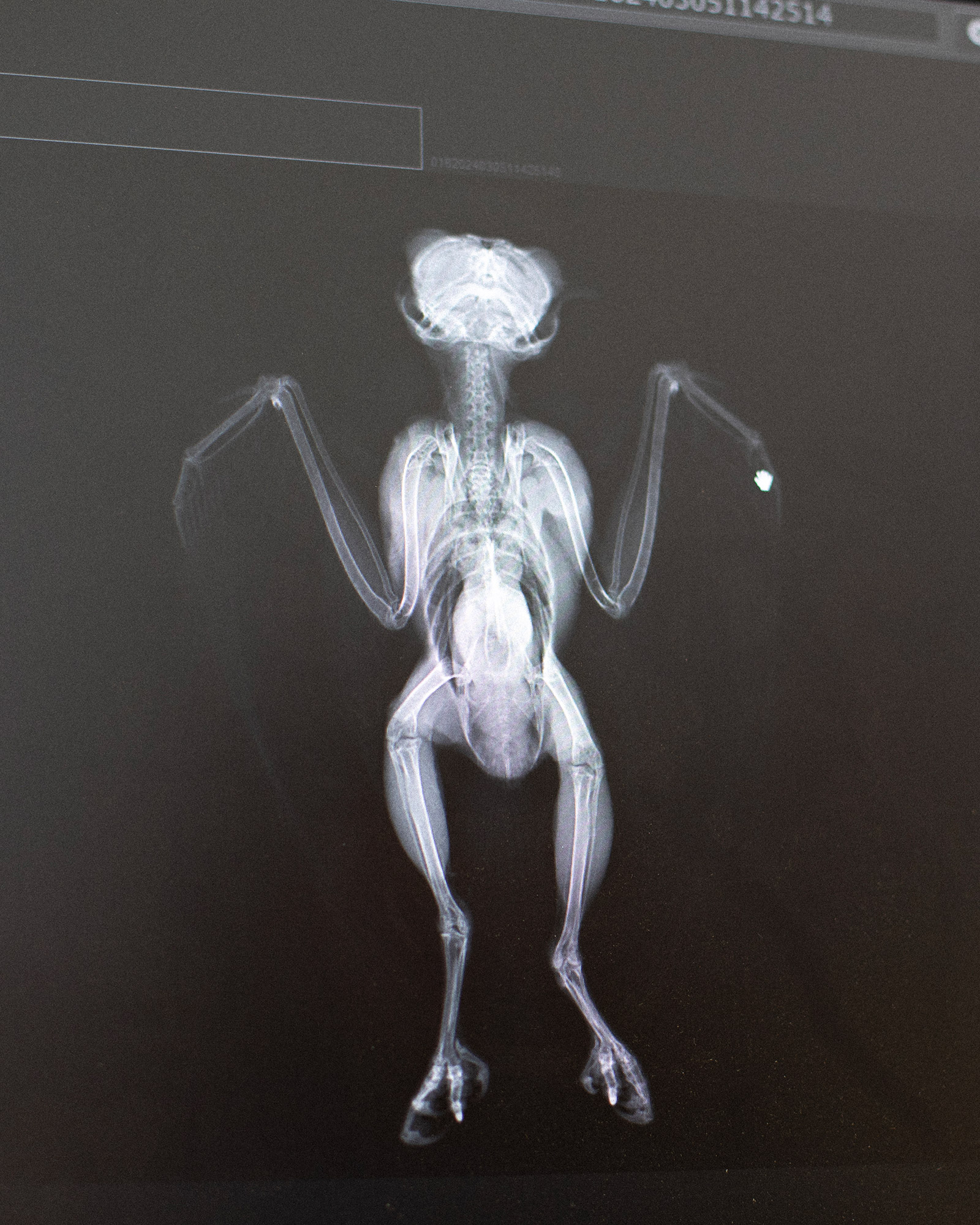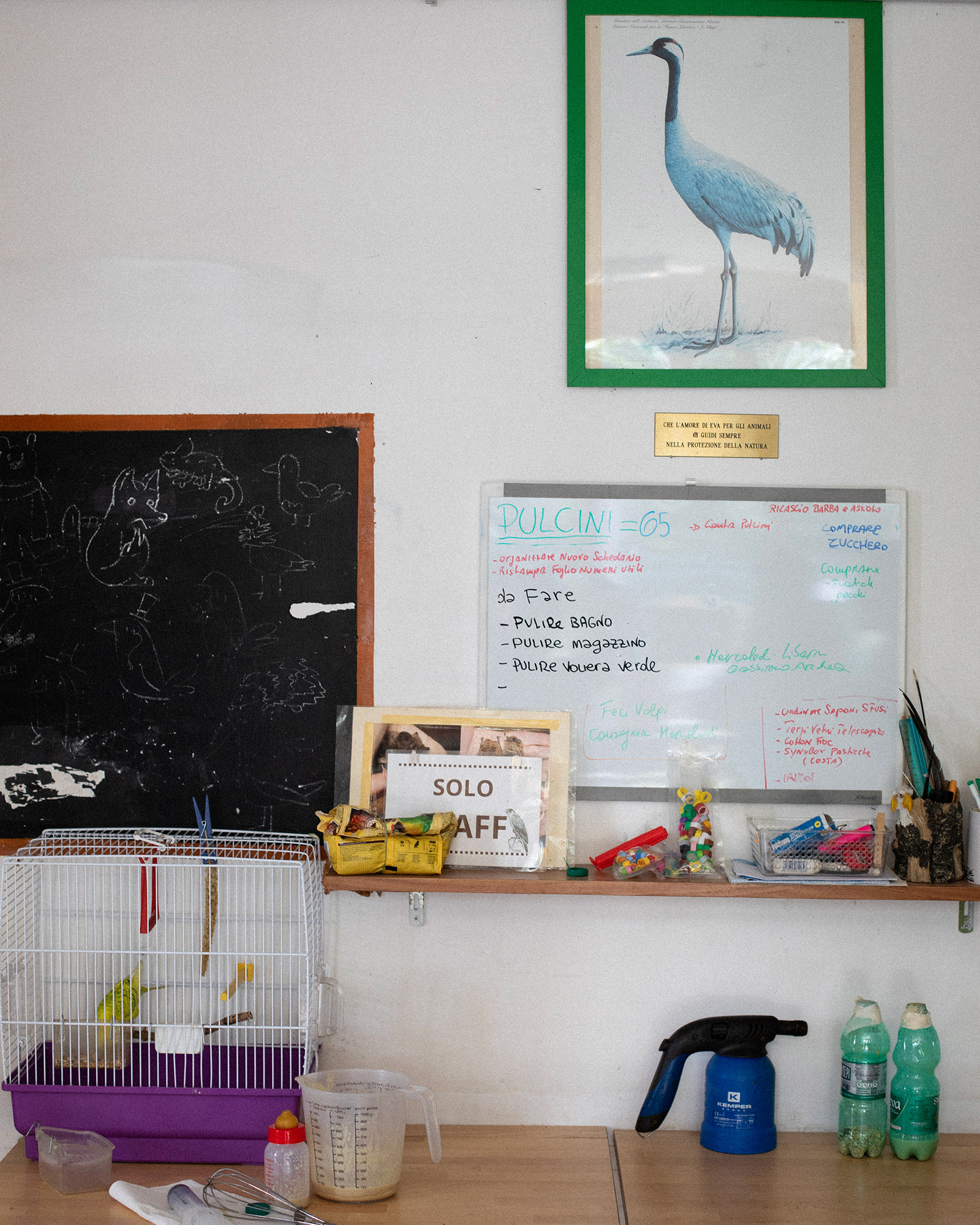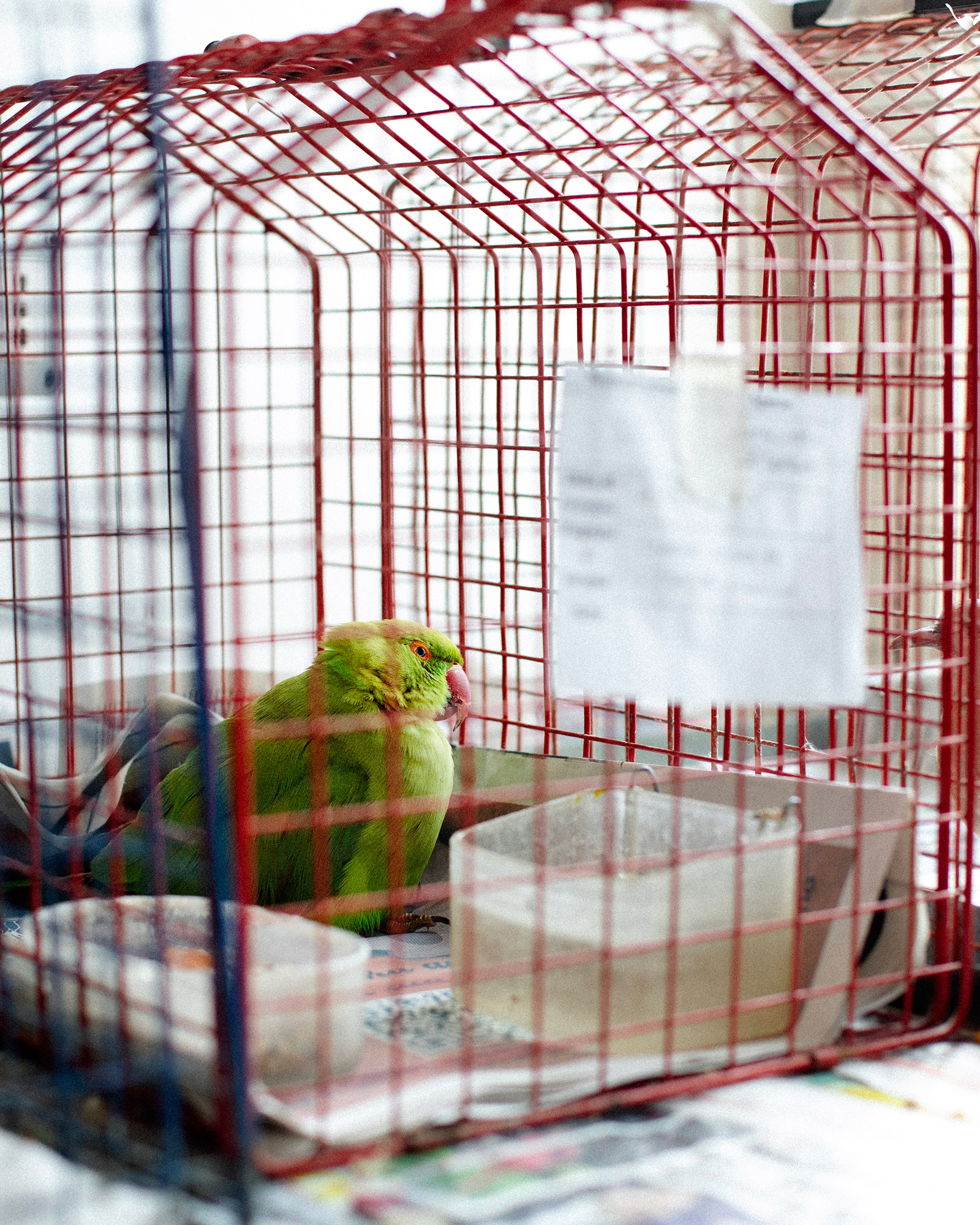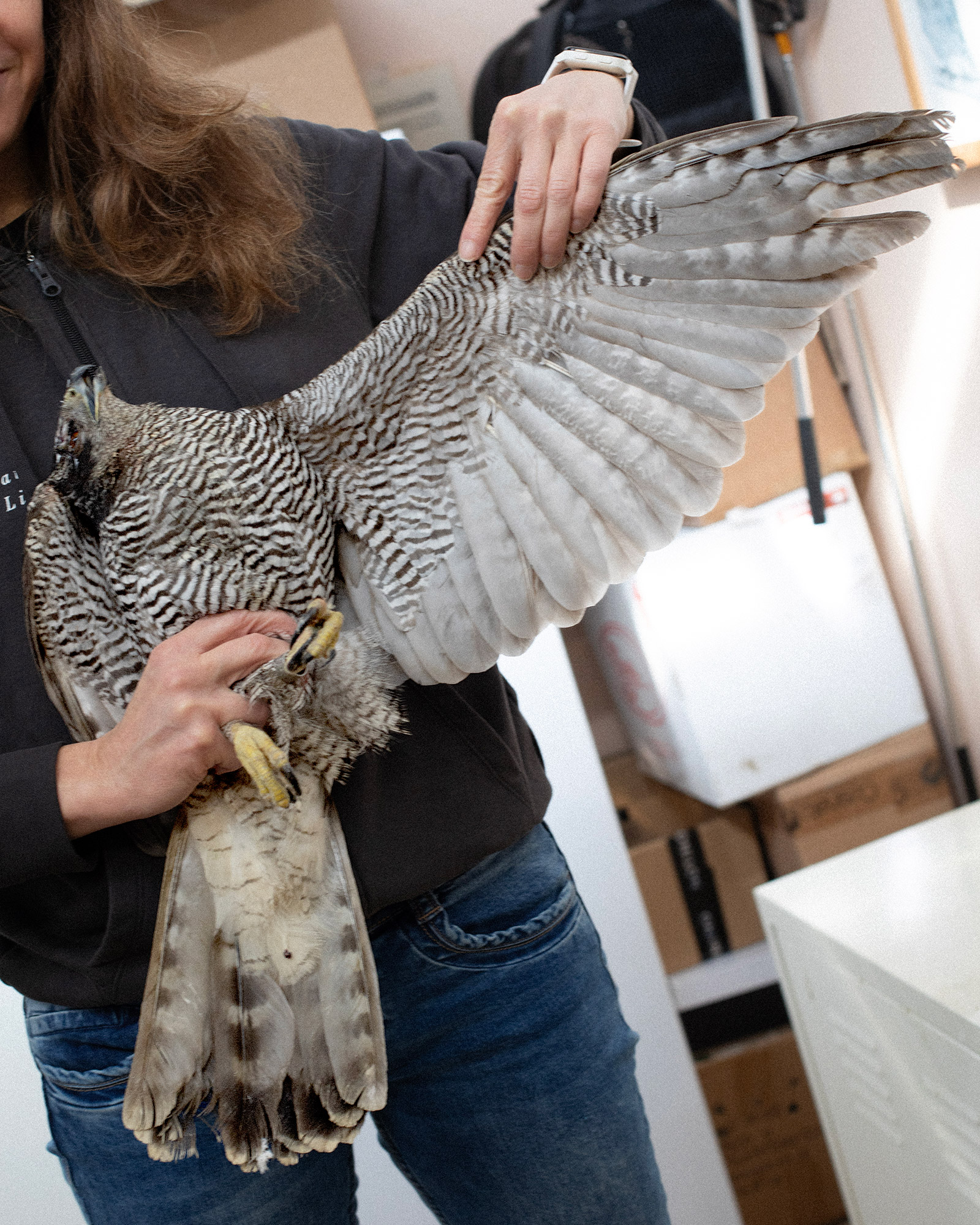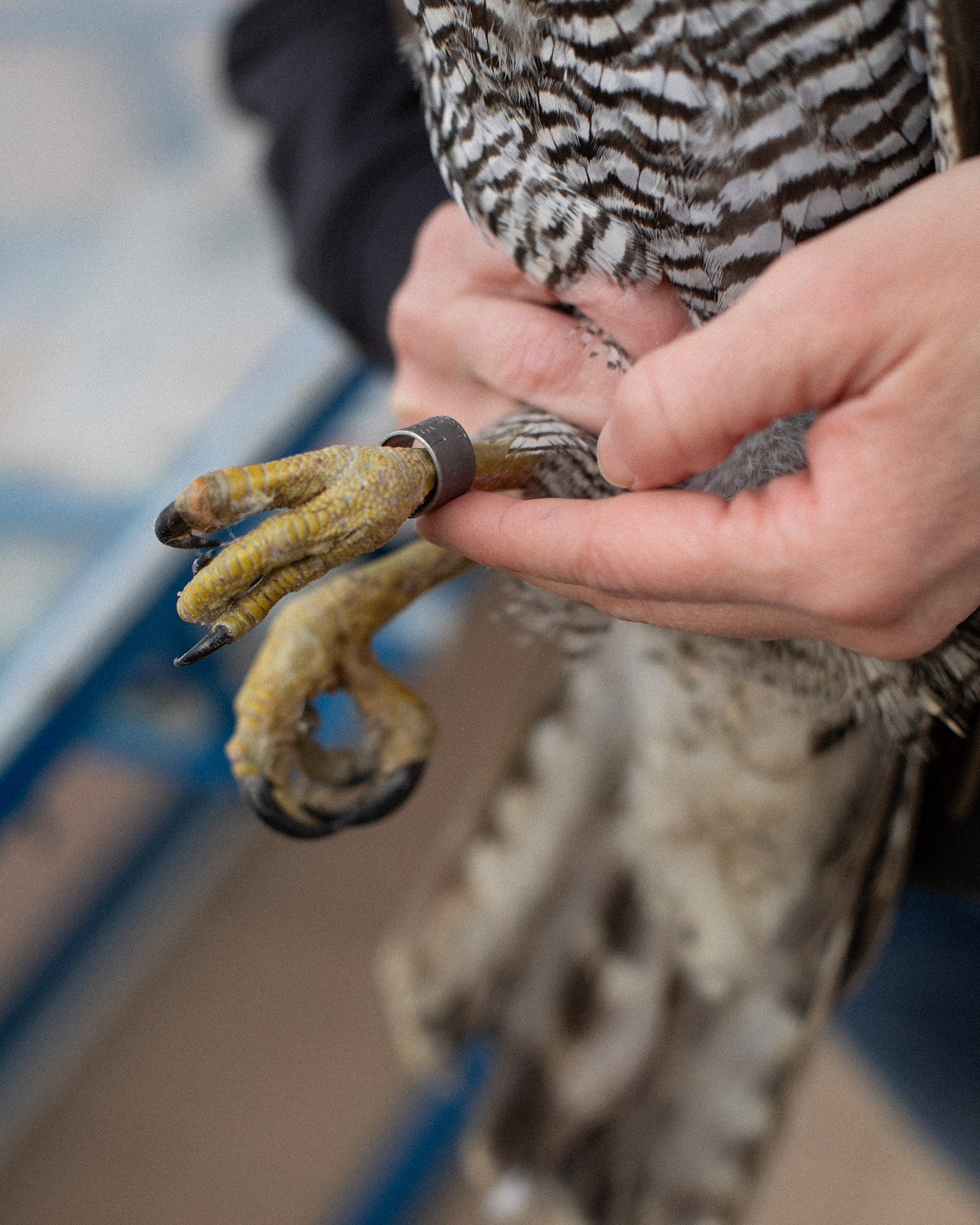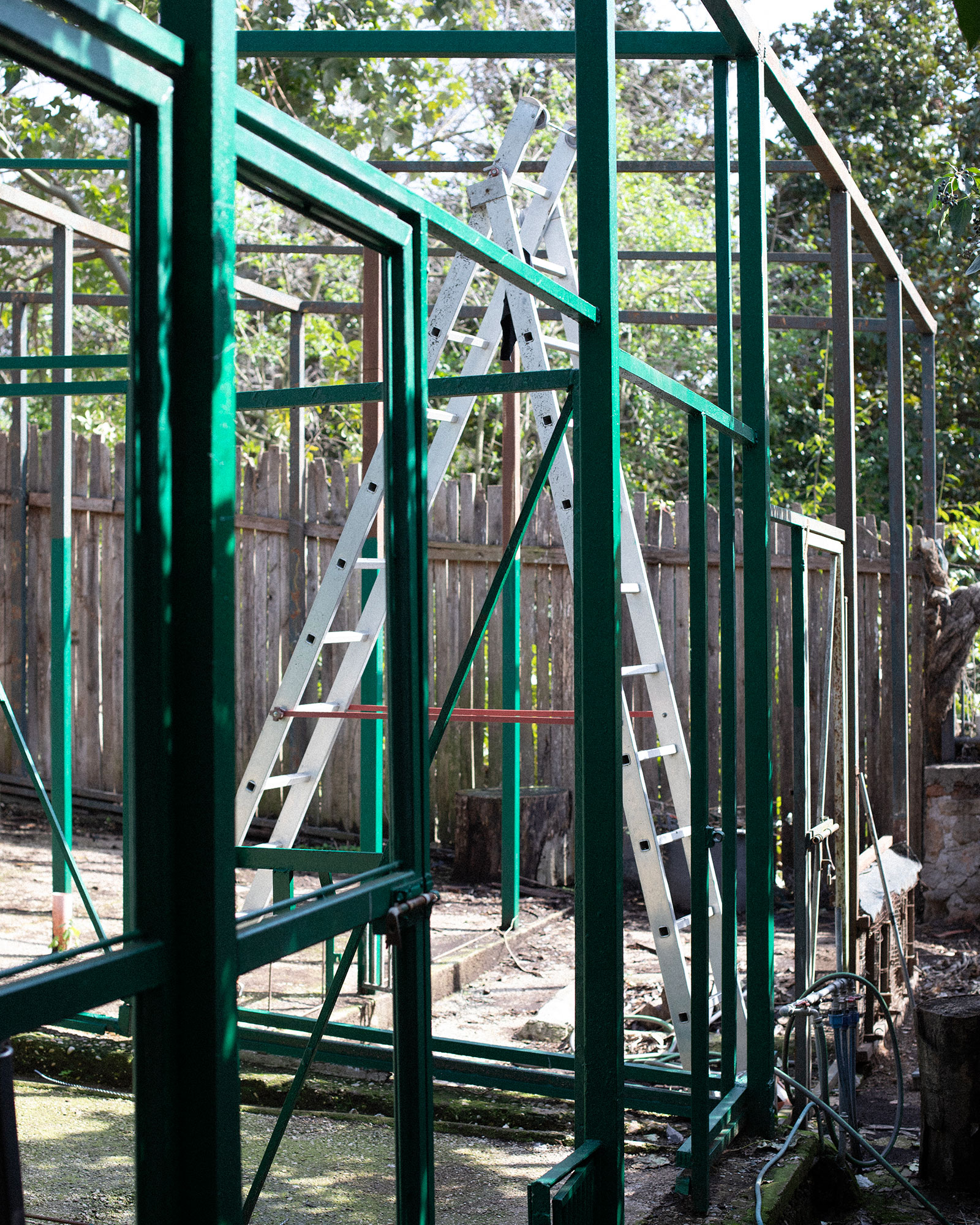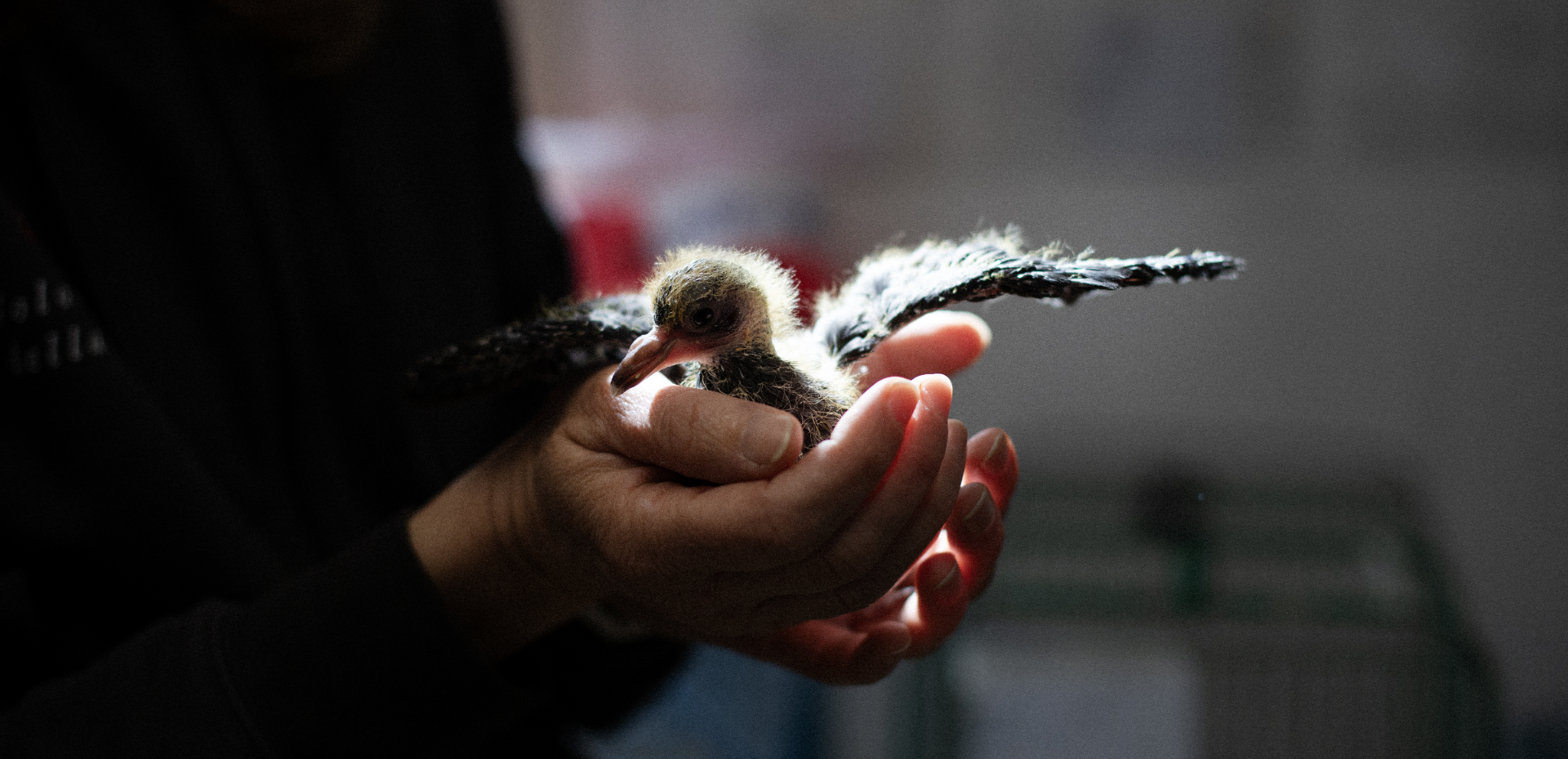 " alt="Supporting Lipu’s Wildlife Recovery Centres throughout Italy">
Photo by Claudia Ferri
" alt="Supporting Lipu’s Wildlife Recovery Centres throughout Italy">
Photo by Claudia Ferri
Supporting Lipu’s Wildlife Recovery Centres throughout Italy
Founded in 1965, Lipu is an association dedicated to the conservation of nature, the protection of biodiversity, and the promotion of ecological culture in Italy. Lipu Odv is the most important Italian association for the protection of wild birds and serves as the Italian partner of BirdLife International, the largest world network for the conservation of birds and biodiversity. Lipu’s involvement with caring for injured wildlife started in the early 1970s, first with two centres (Rome and Parma) and developing into a system that today boasts ten structures throughout the Italian territory. Almost 25,000 animals, particularly birds, are hospitalised and cured every year, many of which belong to species of particular conservation interest even when not specifically protected by the Birds Directive 2009/147/CE.
Among the Lipu Wildlife Recovery Centres (WRC), the Lipu WRC of Rome is particularly notable as the largest hospital for wild animals in Italy, with over 5,000 animals hospitalised each year. These include many species of high conservation concern, which are protected by EU directives such as griffon vultures, booted eagles, cranes, flamingos, and wolves. Over the course of its twenty-year history, the Centre has treated and cared for nearly 100,000 wild animals, offering medical care, nutrition, and rehabilitation for each of these animals and, when possible, releasing them back into nature.
Lipu has played an important role in the protection of endangered wild animals for decades and serves as an important information collection centre for the analysis of scientific data at a national and regional level. The recovery centres also engage in environmental education and awareness-raising campaigns, support citizens caretaking for injured animals, safeguard wildlife seized through legal proceedings, as well as detect and identify emerging health and hygiene issues concerning potential epidemiology problems.
The Nando and Elsa Peretti Foundation (NaEPF) has supported LIPU activities since 2006 with a project aimed at conserving the Lesser Kestrel in the Puglia and Basilicata regions in Italy. Then in 2019, the project “Giving our Wild Neighbours a Future” granted support to the WRC of Rome in their efforts to rescue and treat migratory birds. Italy, with its significant biogeographical position, bears a high responsibility for the migration routes of large populations in transit from Central and Eastern Europe. Several migratory bird species have significantly declined in the last few decades to the point of being classified as ‘of conservation concern’. Italy serves as the meeting point and the central axis for birds during migration, but the persistence of large and widespread threats to migratory birds, such as poaching, poses difficult challenges. Preserving migratory species is a complex and difficult task, which Lipu aims to ameliorate by fighting habitat loss, poaching, and the poorly planned positioning of electric lines and wind farms. The activities of the Lipu Odv also guarantee the best care for animals in difficulty, facilitating the resumption of migration for as many species as possible along the intra-Palearctic flyways and the African Eurasian flyway.
In 2021, the Nando and Elsa Peretti Foundation granted a three-year program support to Lipu for its WRC activities. The project aimed to address some crucial issues, such as the insufficient conservation actions for threatened migratory species and the insufficient knowledge people have when finding an injured wild animal. Moreover, the program renovated and refurbished outdoor flight cages in the Municipality of Rome, and enhanced the Municipality’s online database in order to provide valuable information on such matters as reasons for hospitalisation the appropriate treatments for specific pathologies, and potential changes in breeding periods due to climate change or poaching.
Other goals of the project were volunteer recruitment and training, enhancing knowledge of the activities carried out by the centers through the creation of uniform information panels for all Lipu WRCs, and the purchasing of environmentally-friendly equipment to clean and disinfect facilities and surfaces, which consequently improved the Rome WRC’s ecological footprint. Last but not least, the project increased awareness about urban wildlife that are sometimes considered “problem species”. Wild animals are increasingly being seen in urban environments, and many of them share the streets of Rome with the city’s human inhabitants. As natural and semi-natural habitats are being eaten away by ever-expanding cities, humans and wildlife increasingly meet. For this co-existence to be sustainable for both people and wildlife, it is important to know which species occur in urban areas and how to interact with each one of them. Lipu’s informational material aims to help citizens best manage co-existence with these animals, which include Yellow-legged Gulls, Feral Pigeons, Hooded Crows, Red Foxes, and Wild Boars. It also informs them on how to best deal with more sensitive species such as bats, swifts, Barn Swallows, House Martins, and all small insectivores and granivores that breed among the streets and buildings of Rome.
The support of the NaEPF has been crucial to ensure the high standards of treatment, research, and educational activities that Lipu has set itself, and has contributed to the rebuilding of the financial strength of its Wildlife Recovery Centre in Rome.
“I have a great love for birds. In each of my homes, in Spain, in New York and in Rome, there is always a dish with food for them. I don’t disturb the swallows that nest under the roof, I wait for them every spring. They give me a sense of freedom but also of fragility, because they are always in danger during their travels and are in danger above all because of us.”
Elsa Peretti
